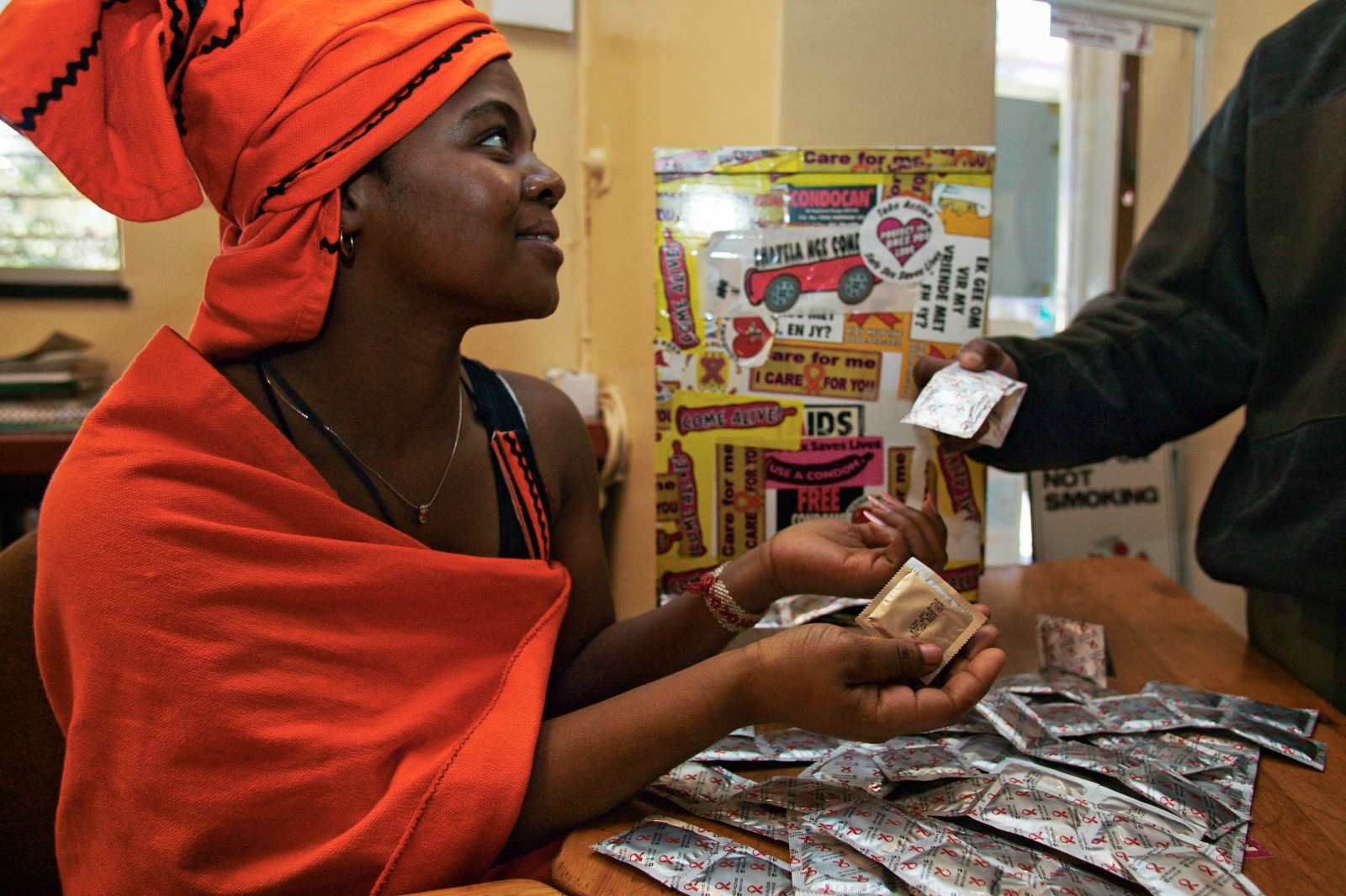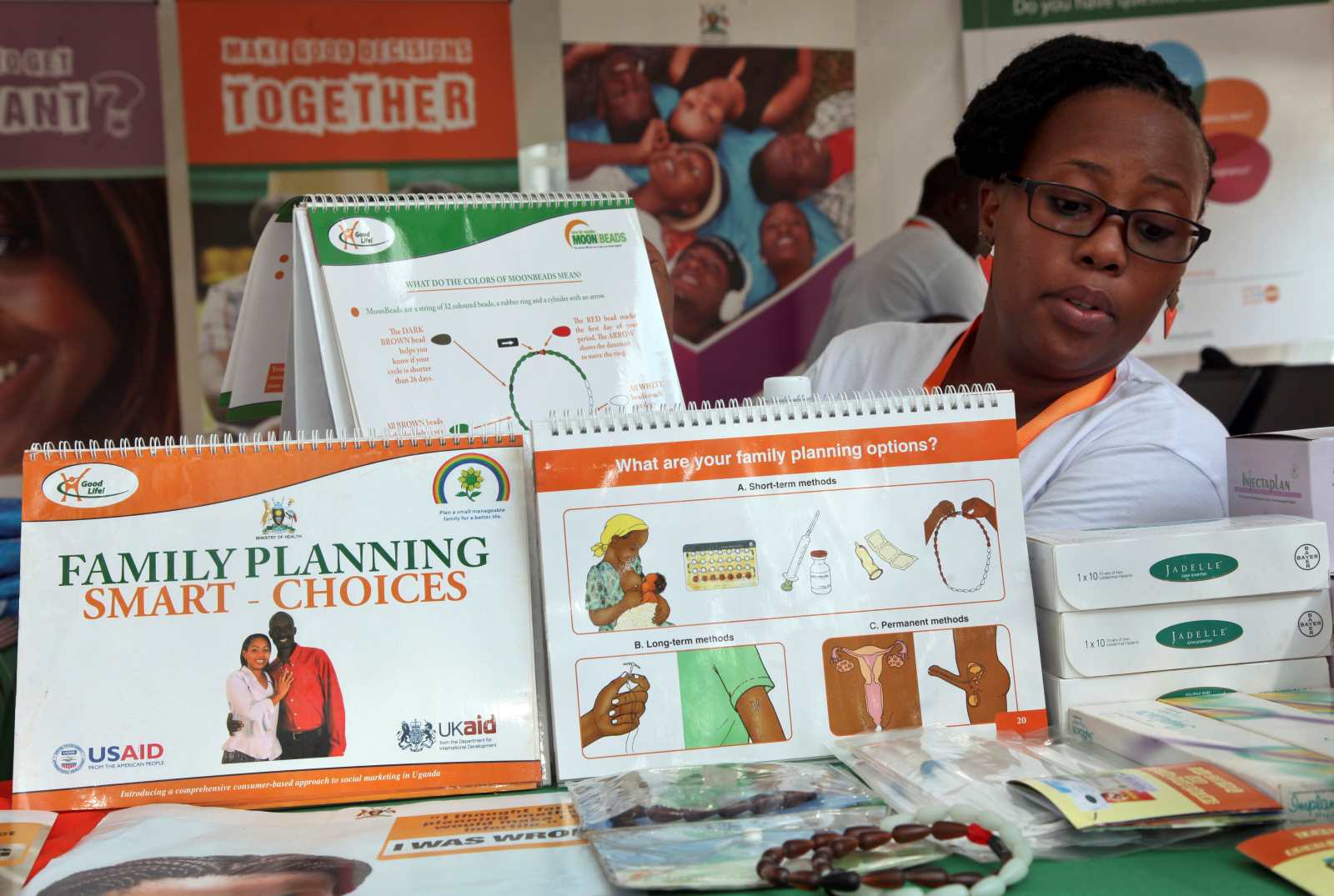Sex education
Fundamental human right under attack

Their conclusion was that good sex education “contributes to the reduction of adverse health outcomes such as intimate partner violence, HIV and unintended pregnancy.”
Girls in particular need comprehensive sex education. They are the ones who can get pregnant after all. Successful family planning obviously depends on an understanding of contraceptives, and since many women marry as teenagers, that means they should get it in school. In many cultures, moreover, conventional norms demand that they obey men, which puts them at risk of abuse. Experience shows that girls are in a better position to protect themselves if they have learned about gender stereotypes in competent sex education.
Involve parents, officials, faith leaders and the media
Internationally, however, formal comprehensive sex education is often non-existent, contested or on the decline. According to a UNESCO report of 2021, only 85 of 155 surveyed countries had policies or laws on the matter. Implementation was generally said to be weak due to inadequate curricula and lacking teacher capacities. This paper too insisted that sex education reduces the risk of unwanted pregnancies and sexually transmitted diseases. It recommended involving parents, school officials, religious leaders, media and young people in promoting the cause of sex education.
In many developing countries, sex education is not on the public agenda at all. In Europe, it is under attack from right-wing populists, as the Council of Europe has warned. False propaganda claims that underage persons are being taught immoral behaviour. In truth, of course, sex education does not teach teenagers to have sex, but prepares for a responsible, safe and fulfilling adulthood.
Trends in the USA
In the USA, the percentage of schools requiring instruction on the prevention of sexually transmitted diseases (STDs) decreased by about 10 percentage points between 2000 and 2014. Instruction on HIV prevention even decreased from 64.0 % of schools to only 41.1 %.
In western countries, sex education gained public support in the 1960s and 1970s. Concerns over teenage pregnancies played a role. The idea was to inform young people about how their bodies function and tell them what consequences their actions may have. It had become clear that traditional morality was increasingly outdated – and that people had never fully lived according to its rules anyway. The USA was one of the forerunners of instituting sex education programmes in formal school education, but “abstinence only until marriage” approaches started to gain momentum in the 1990s. However, a recent meta-survey of opinion polls showed that the general public in the USA is still in favour of sex education.
The easy availability of pornography actually makes comprehensive sex education even more important that it used to be. The depressing truth, however, is that website porn is increasingly the only sex education teenagers get.
Link
Lohan M., López, A., 2023: Comprehensive sexuality education. An overview of the international systematic review evidence. UNESCO Digital Library.
https://unesdoc.unesco.org/ark:/48223/pf0000385849_eng
Mahwish Gul is as a consultant from Pakistan who lives in Nairobi and specialises in development management.
mahwish.gul@gmail.com
















